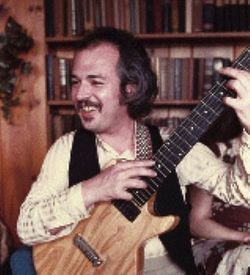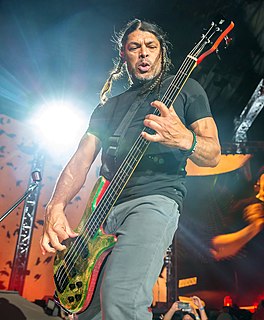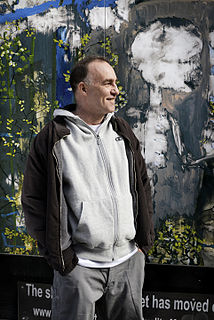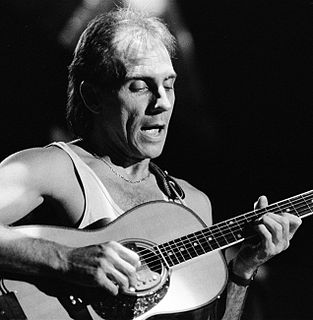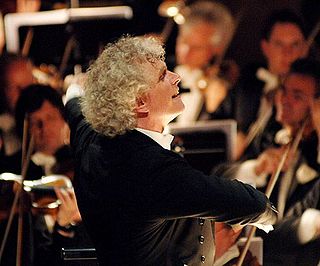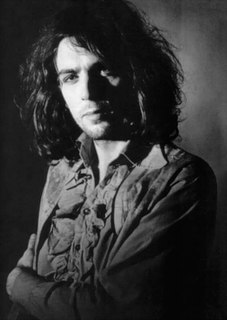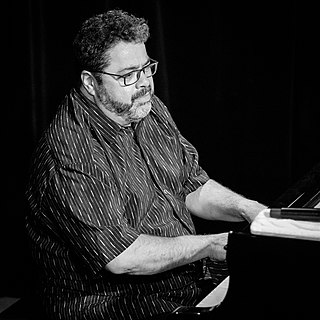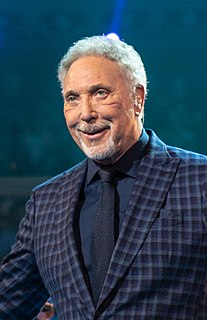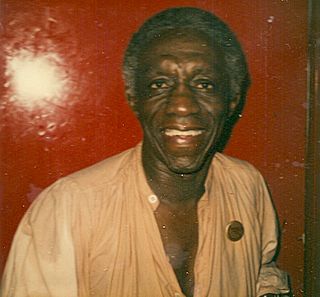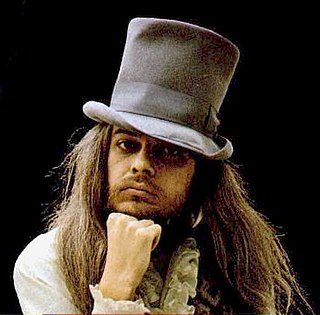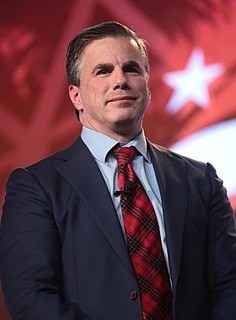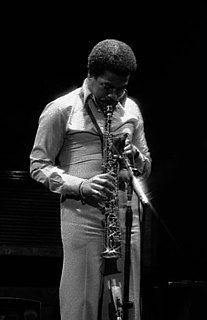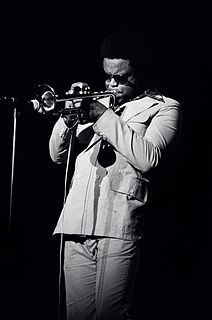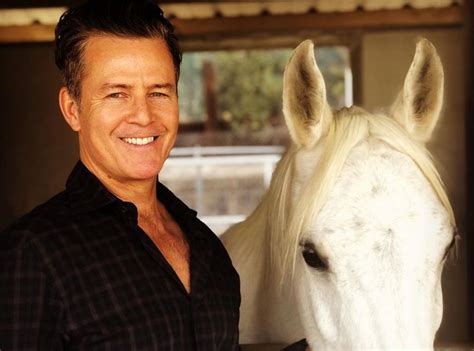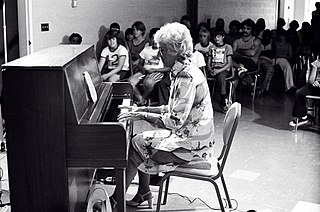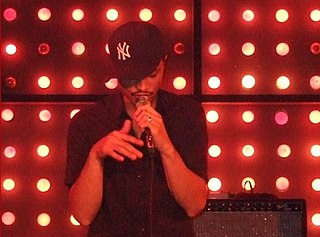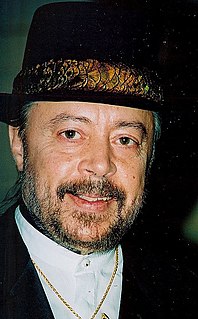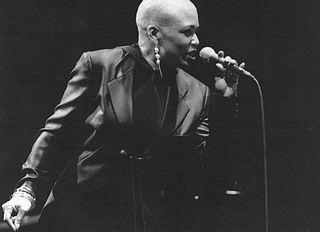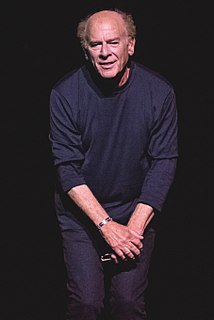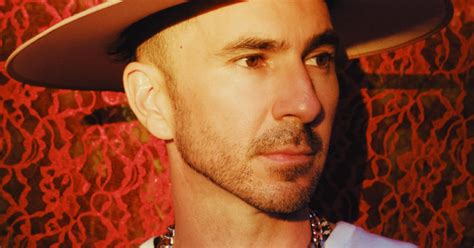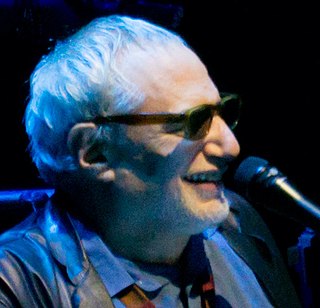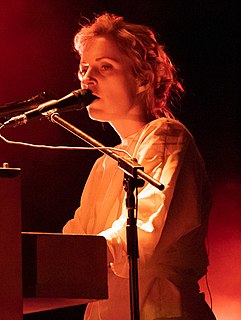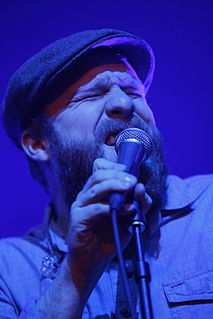Top 1200 Jazz Records Quotes & Sayings
Explore popular Jazz Records quotes.
Last updated on April 14, 2025.
I kept on buying records and listening to them. Finally, I was able to hear the relationship between the jazz improvisers' solos and the underlying structure that it's based on, the chord progression. That was pretty easy to do in the swing era, y'know, when jazz was, like, pop music, you know. It had made the charts and everything like that.
Jazz is an endless source of ideas, because you can use anything. You can play operatic arias. You can incorporate them into jazz. You can play gypsy music and incorporate it into jazz. You can European classical and you can incorporate it into jazz. You can use anything and jazz it up, as they used to say.
When I was young, I never bought records because my brother Joseph played saxophone and had a record player. I loved listening to his records: The Dorsey Brothers, Duke Ellington, all the big American jazz bands, and vocalists like Ella Fitzgerald, Ernestine Anderson, and Kitty White, a singer from the US who was a friend of Nina Simone. Nobody in America seems to know about her, but she was quite popular in South Africa.
I love jazz. So to me, there are two main types of jazz. There's dancing jazz, and then there's listening jazz. Listening jazz is like Thelonius Monk or John Coltrane, where it's a listening experience. So that's what I like; I like to make stuff that you listen to. It's not really meant to get you up; it's meant to get your mind focused. That's why you sit and listen to jazz. You dance to big band or whatever, but for the most part, you sit and listen to jazz. I think it comes from that aesthetic, trying to take that jazz listening experience and put it on hip-hop.
I have always loved jazz music and as a teen growing up in New York City and then later on as an adult have great memories of the jazz clubs that were all located on 52nd Street. I still catch as many jazz shows as I can when I am in New York. And when I perform, I have my jazz quartet by my side. Jazz musicians keep things spontaneous and very "live," which is the way I like to perform.
My dad, was, by trade, he had a Ph.D. in mechanical engineering. He's a huge, huge jazz fan. He used to travel all the time for projects, and he used to collect jazz records. He used to collect hundreds and hundreds of jazz records because he had this passion for it. That's kind of how they had certain hobbies together with my mom.
My school music teacher, Al Bennest, introduced me to jazz by playing Louis Armstrong's record of "West End Blues" for me. I found more jazz on the radio, and began looking for records. My paper route money, and later, money I earned working after school in a print shop and a butcher shop went toward buying jazz records. I taught myself the alto saxophone and the drums in order to play in my high school dance band.
I loved music. Music was a big thing and so I started collecting records. I had a large collection of jazz records and that was something else I used to listen to. At night, there was a - what the heck was his name? There was a famous - Jazzbo Collins, I used to listen to at night, and some other guys.
By the latter part of high school, by the middle of junior year in high school, Jay Rodriguez played me some Irakere records that that Paquito [D'Rivera] was on. And he also played me and our friend, Curtis Haywood, some Phil Woods records. And when I heard Phil, I just about lost my mind. I was playing the Charlie Parker Omnibook as part of my lessons. This was the '80s. There was no YouTube and all that. And we had three or four jazz records at that point.
We don't live in a jazz world, unfortunately. I think if I had lived in a jazz world, I would have done OK. I'm not sure I would have done great. I'm a lover of jazz music, so I would have been happy, don't get me wrong. I go to jazz concerts like the biggest jazz fan in world. The drag is that I don't play jazz for a living.
